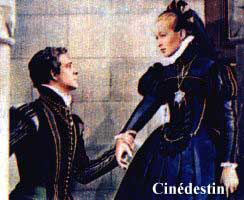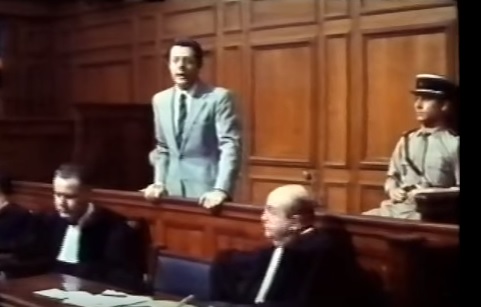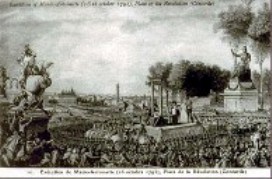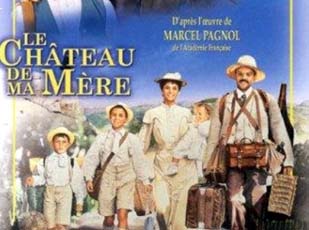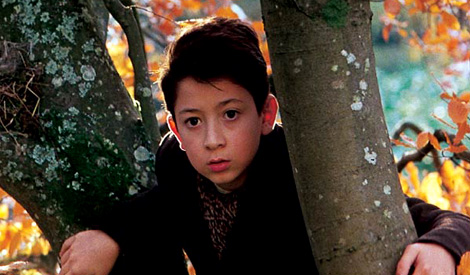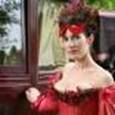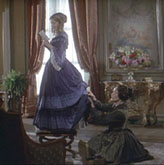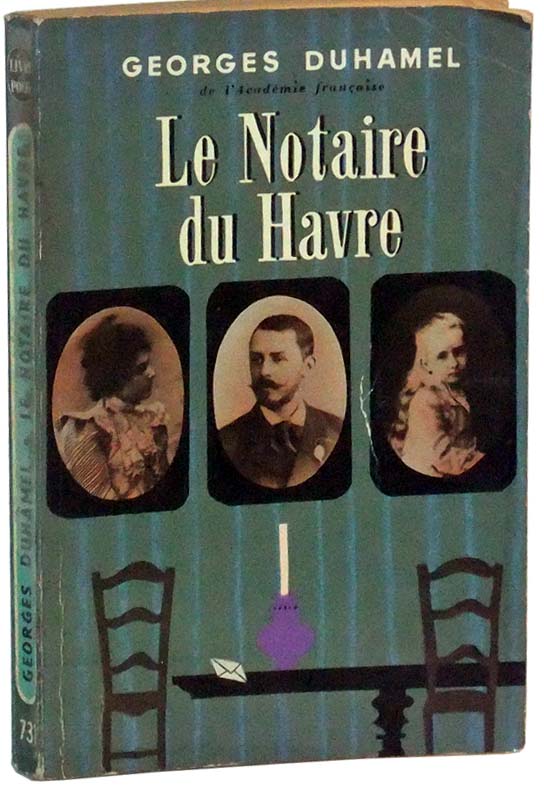FRENCH LITERATURE NOTES 2
17th Century: Moliere(1622- 1673)- Mme de Lafayette (1634-1693)
18th Century: Voltaire(1694-1778)-
19th Century: Balzac(1799-1850)
20th Century: Anatole France(1844-1924)- Georges Duhamel(1884-1966) - Marcel Pagnol(1895-1974)- Albert Camus(1913-1960)- Hervé Bazin(1911-1996)
Please click on the names of authors above to access the Index Pages of my Study Notes on each author.
-------------------------------------------------------------------------------
Below are the same authors listed in the order in which I posted them to my website. They appear in this order in the notes printed below, which are intended to give a brief introduction of each writer and the books to be studied
1) Mme de Lafayette - 2) Albert Camus - 3) Anatole France - 4) Marcel Pagnol - 5) Hervé Bazin - 6) Balzac - 7) Voltaire - 8) Georges Duhamel
9) Moliere
-------------------------------------------------------------------------------------------------------------
SOME BRIEF INTRODUCTIONS
La Princesse de Clèves (1678)- This great Classic love story is set in 16th Century France.
On my website you will find:
A detailed Summary of the book with commentary -
Brief biography of Mme de Lafayette - Historical Background of “La Princesse de Clèves” - Studies of the 3 main characters - The progression of the passion of La Princesse de Clèves” -
Mme de Lafayette’s Literary Style - Other critics’ views of “La Princesse de Clèves”
---------------------------------------------------------------------------------------------------------------------
2) Albert Camus : - L'Etranger (1941), La Chute (1956) -
Two famous philosophical novels give the reader a lot ot think about.
On my website you will find:
Summary & Commentary - Other critics’ views of L’étranger -
The character of Meursault - Why is Meursault condemned? -
The depiction of of the processes of law - Essay on Salamano - The depiction of love in L’étranger.
On my website you will find:
A brief explanation of the book – Detailed summary of La Chute
- Jean-Baptiste’s life and character before "the fall” - The stages of the fall of Jean-Baptiste - Why did Jean-Baptiste become a juge-pénitent? -
Morality of the modern world.
------------------------------------------------------------------------------------------
Les Dieux ont Soif (1912) - A vivid story of the French Revolution, years 1793- 1794, at the height of The Terror.
On my website you will find:
Historical background to the novel “Les Dieux ont Soif” -
Detailed summary of “Les Dieux ont Soif” with commentary.
---------------------------------------------------------------------------------------------------------------------
Le Château de ma Mère (1957)- An auto-biographical story of childhood holidays in the hills of Provence, in the first decade of the 20th century.
On my website you will find:
Detailed summary of « Le Château de ma mère » in English. -
Notes to explain historical and social background -
Biography of Marcel Pagnol
-------------------------------------------------------------------------------------------------------------------
Vipère au poing (1948)- Autobiographical account of the crippling effect of an extremist religious education in the 1930s.
On my website you will find:
Detailed summary of Vipère au Poing -
Autobiographical elements in “Vipère au Poing” - Biographical notes on Hervé Bazin. - The historical, social and religious issues in “Vipère au Poing”.
-------------------------------------------------------------------------------------------------------------------
Le Père Goriot (1834) - This masterpiece of world literature tells of the dangerous temptations of High Society for a young man who had come to Paris to study.
On my website you will find:
Le Père Goriot- detailed summary & commentary -
Biography of Balzac
Character studies of Eugène de Rastignac - Le Père Goriot – Vautrin - the two daughters of Goriot – Mme. de Beauséant – Mme. Vauquer - Victorine Taillefer - Mlle. Michonneau –
Balzac's great literary project: “La Comédie Humaine” – Balzac’s theories studied –
The importance of the descriptions in Balzac’s books.
-----------------------------------------------------------------------------------------------------------------
Candide (1759)- One of the giants of world literature, takes us on a journey to show us that the 18th Century World was not the best of all possible worlds in spite of what contemporary philosophers claimed.
On my website you will find:
Detailed summary of “Candide” with commentary -
Biography of Voltaire - The literary genre to which “Candide” belongs.
Explaining the Optimistic philosophy of the 18th century – Showing direct references to Philosophical Optimism in “Candide” – Explaining Voltaire's hostility to Philosophical Optimism. - Voltaire's evidence against philosophical Optimism. – Asking if "Candide" is a totally pessimistic book -
What is Candide's own, philosophy of life, at the end? –
Discussing Voltaire's literary style
The characters - Are the characters merely puppets? - Character Studies - Candide – Pangloss - Cunégonde - The Jesuit baron - The Old Woman. – Cacambo - Martin.
-----------------------------------------------------------------------------------------------------------------
Le Notaire du Havre (1933) This touching, autobiographical novel tells of the trials and privations of a young family, in Paris at the end of the 19th century, struggling to survive on insufficient means, with a problematic father at their head.
On my website you will find:
A detailed summary of "Le Notaire du Havre" with commentary. -
Short synopsis of the book, formed by Duhamel's chapter headings. -
Summary of the ”Preface to Le Notaire du Havre" , written by Duhamel
Studies of the background to this novel: - the link with Georges Duhamel’s childhood - historical events and social problems reflected. –
Character studies: M. Pasquier - Similarities in facets of character of M. Pasquier and M. Wasselin.
(9) Moliere - This site is still in progress
Moliere Tartuffe Detailed Summary and commentary
------------------------------------------------------------------------------
MY FRENCH SONG WEBSITES - GEORGES BRASSENS - CARLA BRUNI
For my personal enjoyment, I have also created my websites for two favourite French singers. Each song posted has (i) A You Tube video - (ii) The text in French with my English translation - (III) My commentary on how I read the song.
The songs can be accessed on my blogsite at
1) For Georges Brassens on my blogsite at "Alphabetical List of my Brassens Songs" – URL:
http://dbarf.blogspot.co.uk/2012/05/alphabetical-list-of-my-brassens-songs.html
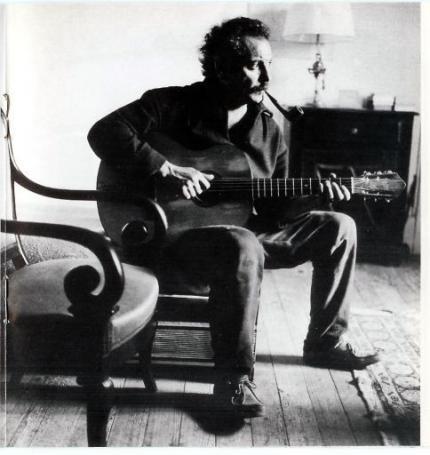
2) For the songs of Carla Bruni on my blogsite at "Carla Bruni’s songs with English translation and vice versa" - URL:
https://sites.google.com/site/carlabrunissongsintranslation/
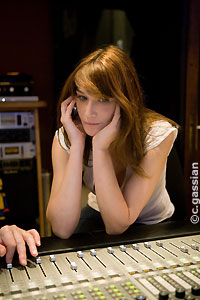
-----------------------------------------------------------------------------------------------------------------
